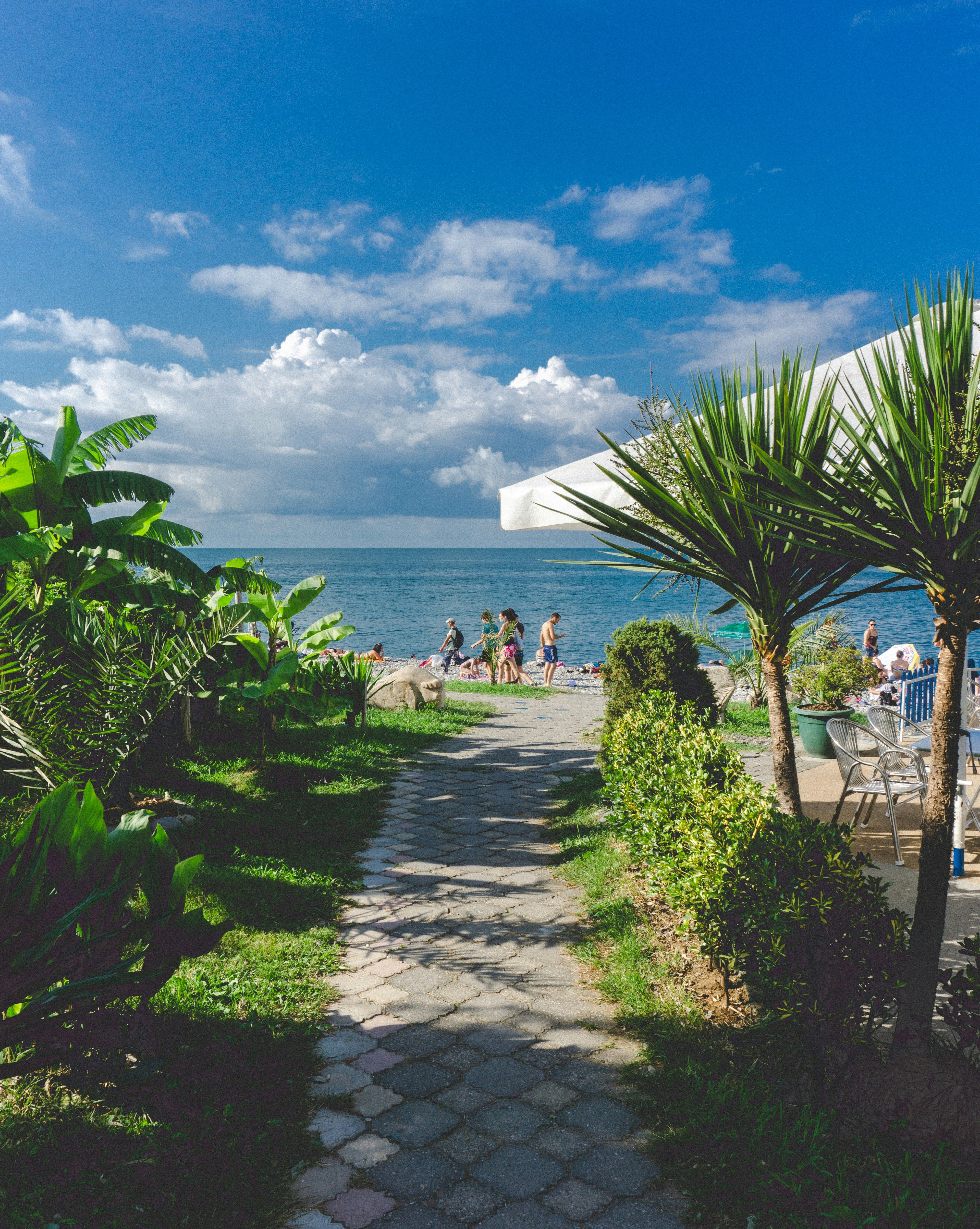Funding Boost for Educational Institutions and Housing: Green Party's Proposal for Extra Billions - Funds Allocation Expansion: Schools, Kites, and Housing Get Billions More
In Bavaria, the Greens propose utilizing a substantial portion of the funds from the nationwide infrastructure package, estimated at approximately 14 billion euros over a decade, for investments in schools, kindergartens, affordable housing, and public transport. Katharina Schulze, the party's parliamentary group leader, characterizes this investment as a historic opportunity, emphasizing the potential to make this one of Bavaria's largest social and ecological programs.
Kindergarten and school buildings are slated to receive a significant share of the funding, with 5.5 billion euros earmarked for renovations, expansions, and improvements. This investment aims to modernize and adapt learning environments, incorporating features designed to stimulate creativity, foster innovation, and equip students for the future. Schulze envisions schools becoming community hubs, with expanded areas for communal use, school kitchens, dining halls, and green spaces.
Remarkably, these educational facilities are expected to incorporate sustainable design elements, such as green roofs, energy-efficient facades, shaded areas, and photovoltaic systems. Ensuring structures are well-adapted to climatic conditions is crucial as the region grapples with the effects of climate change.
The Greens propose allocating 3 billion euros for affordable and environmentally-friendly housing, potentially creating between 16,000 and 17,000 subsidized apartments. Another 2 billion euros would be directed to urban development projects aimed at creating cool, green public spaces, shaded playgrounds, and water facilities.
Focusing on rail infrastructure, the Greens suggest investing 3 billion euros in bridges, railway lines, and electric charging infrastructure. This funding could support the reactivation of dormant railway lines, electrification of tracks, and advances in electric mobility.
Crucially, the Greens stress that these infrastructure funds must not be misused. Using the special fund for unrelated purposes such as tax breaks or politically-motivated projects would not be acceptable. The party has pledged to monitor the spending closely to ensure that funds are allocated effectively and transparently.
The Greens' federal-level efforts center around directing 100 billion euros of a 500 billion euro infrastructure special fund toward climate action. This allocation forms part of an agreement designed to secure parliamentary backing for extensive infrastructure spending. However, at this stage, specific Bavarian sector-by-sector allocations within the plan have yet to be determined, with subsequent government planning and parliamentary approval required.
In summary, the Greens supporting federal infrastructure funding aims to prioritize climate action; however, there is no published, detailed proposal from the party for Bavaria's schools, kindergartens, affordable housing, or public transport within the special infrastructure fund framework. Instead, the federal arrangement seeks to influence broader infrastructure planning by prioritizing climate-related initiatives without specifying Bavarian-level allocations.
- Environmental-science education and sustainable design elements seem to be a focus for the Greens in their proposed investments, as they plan to incorporate these elements in school buildings and affordable housing projects.
- The Greens are advocating for significant funds to be allocated towards vocational training, as they consider programs related to finance, science, and environmental-science, among others, as crucial for education-and-self-development in the future.








